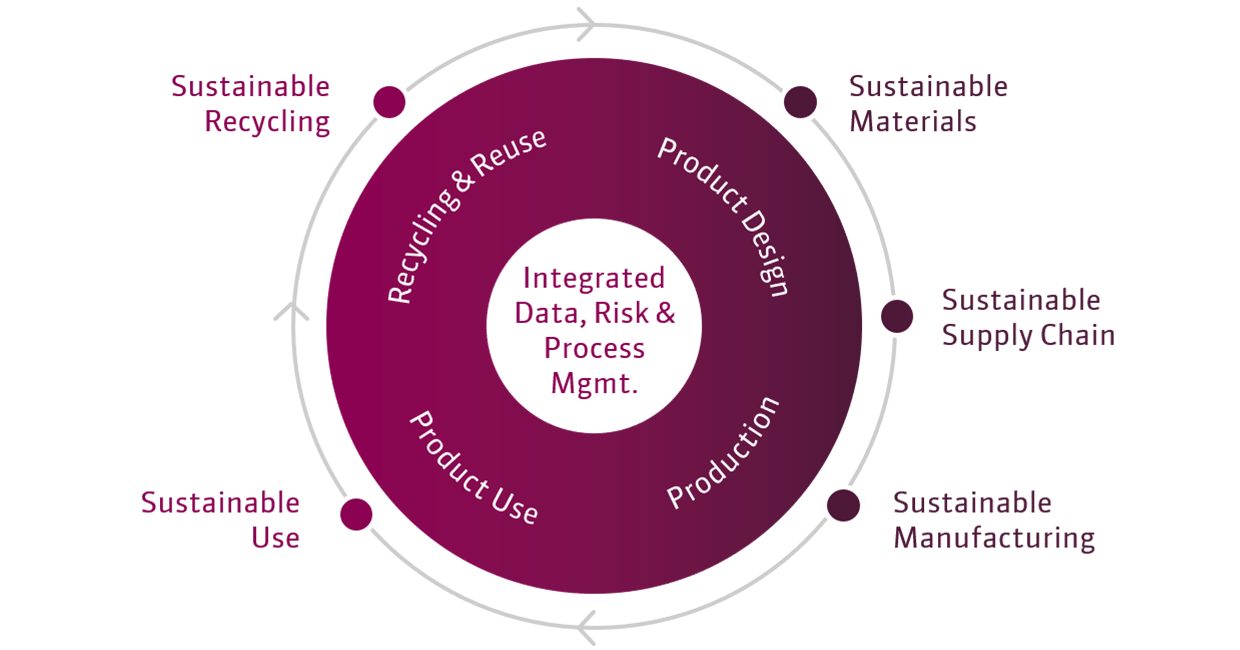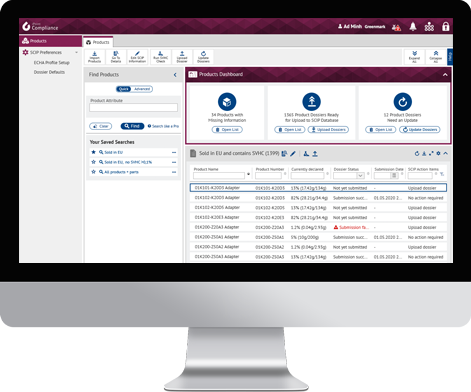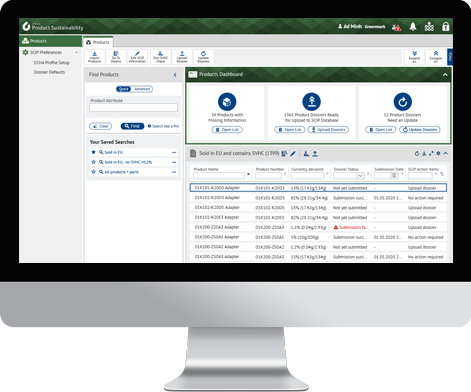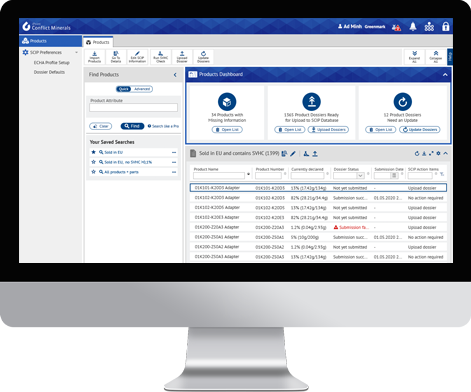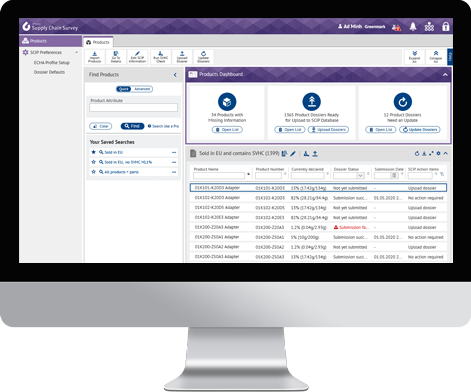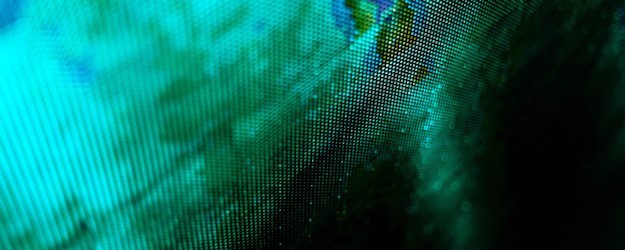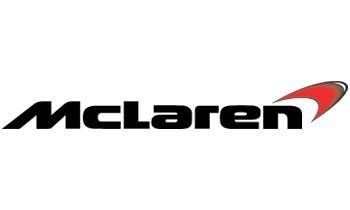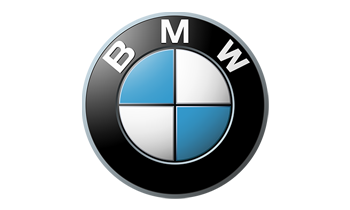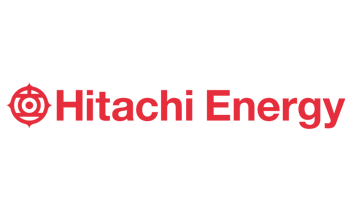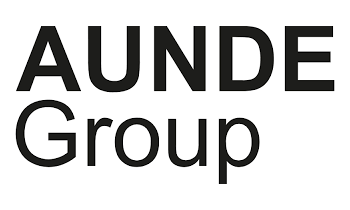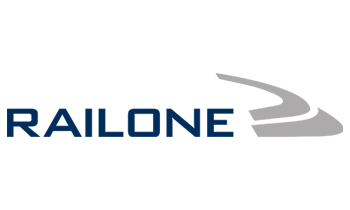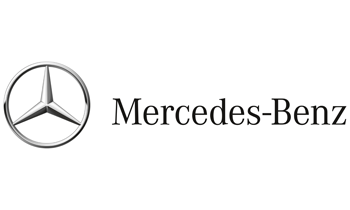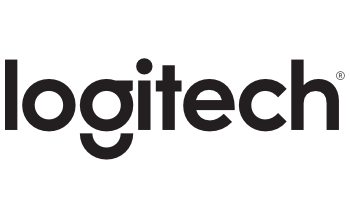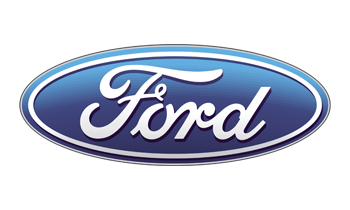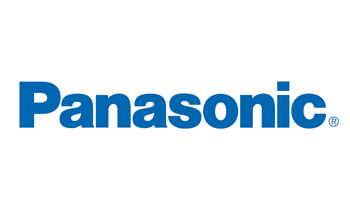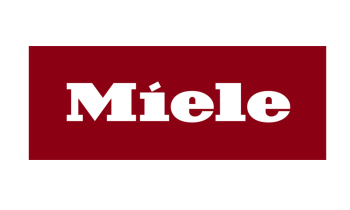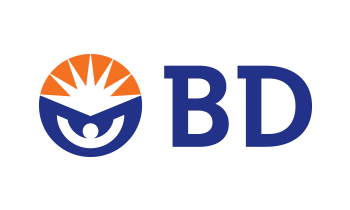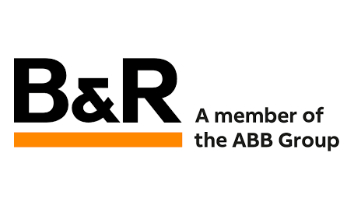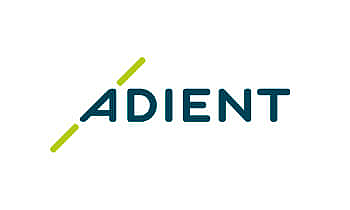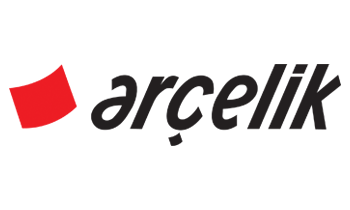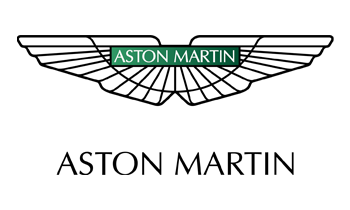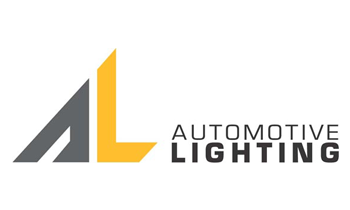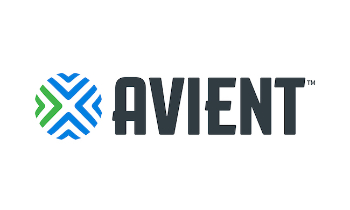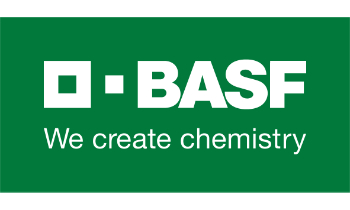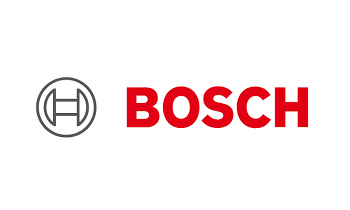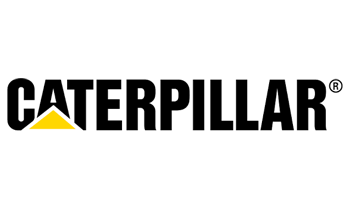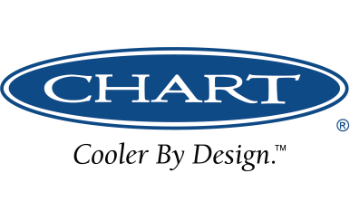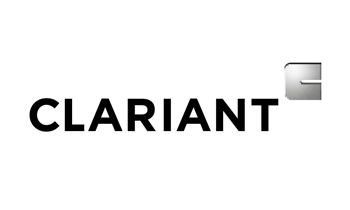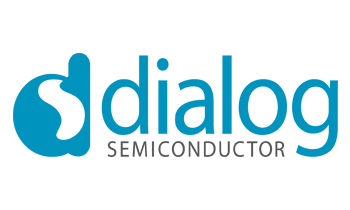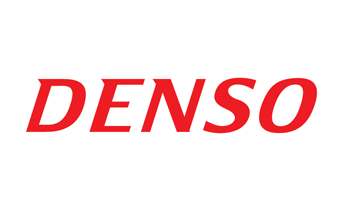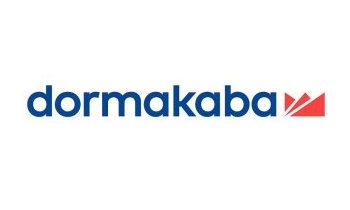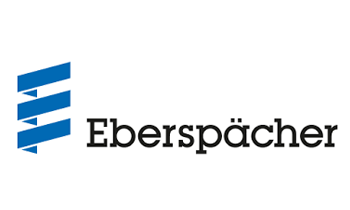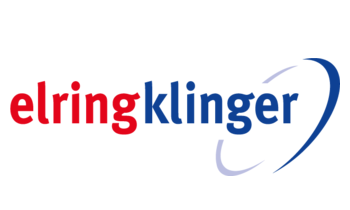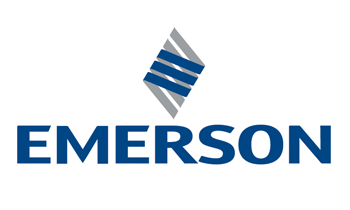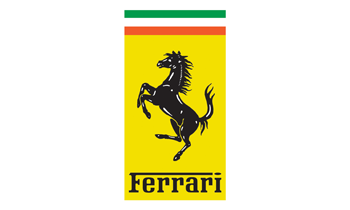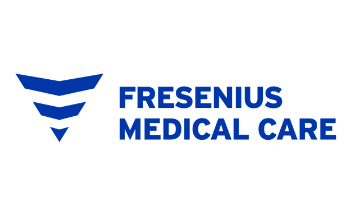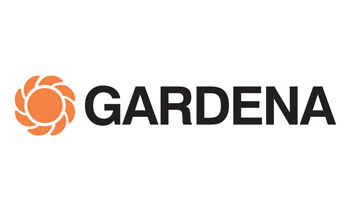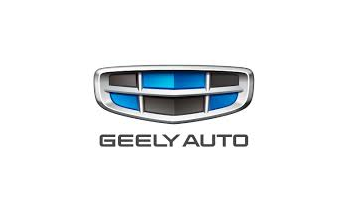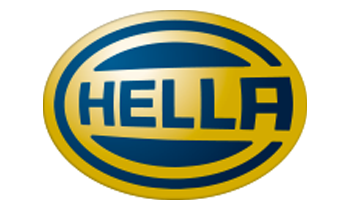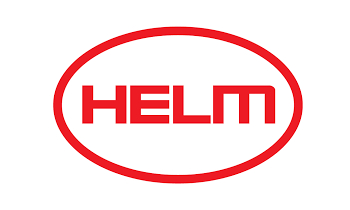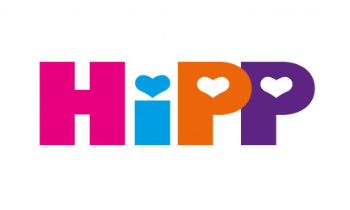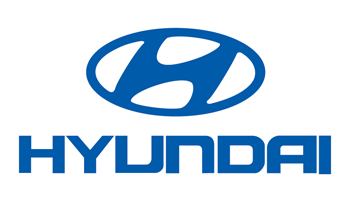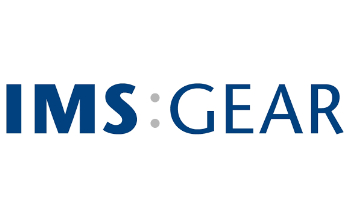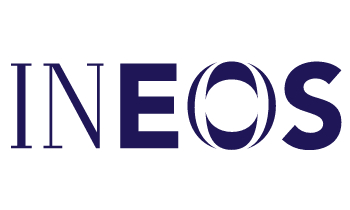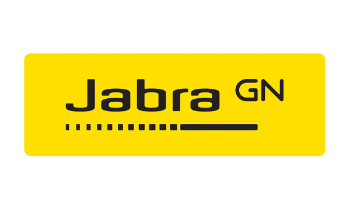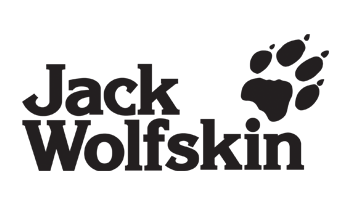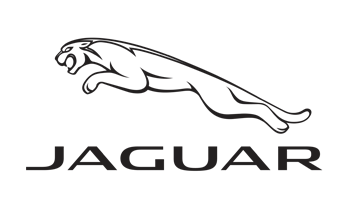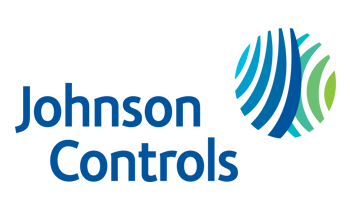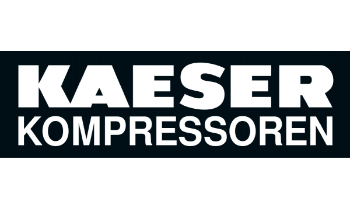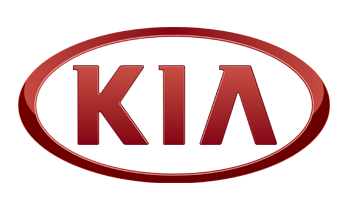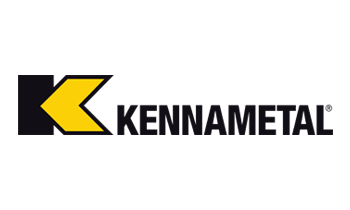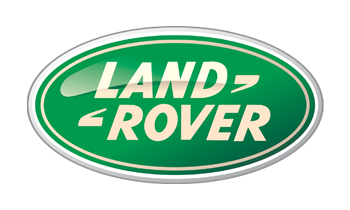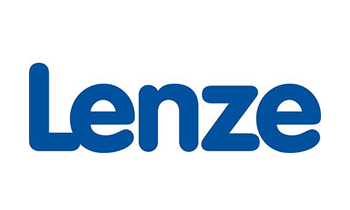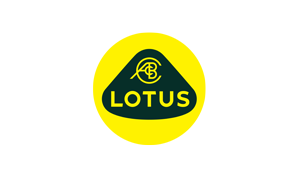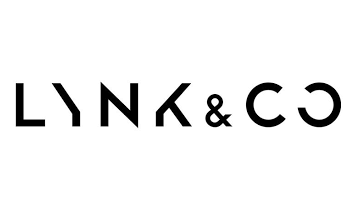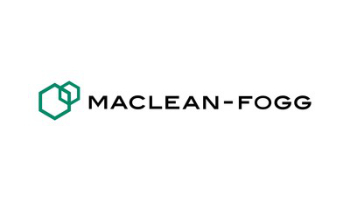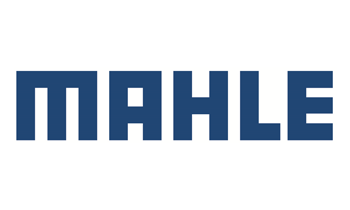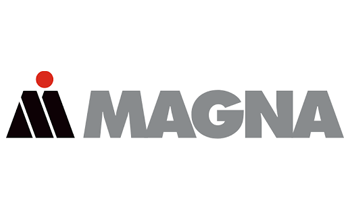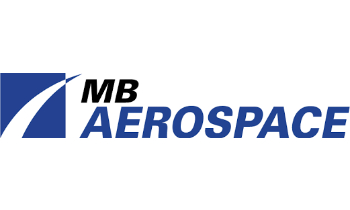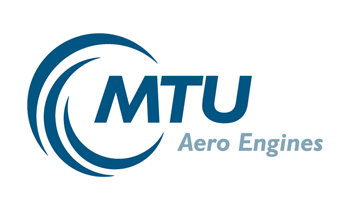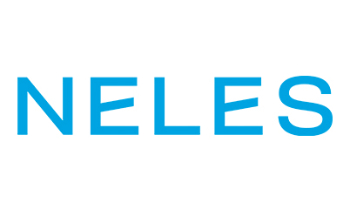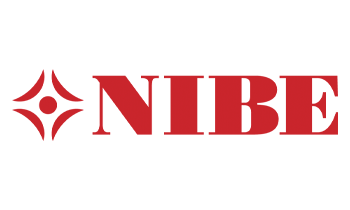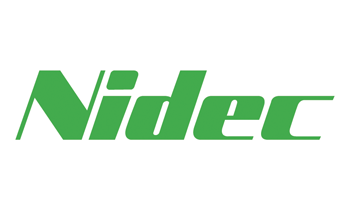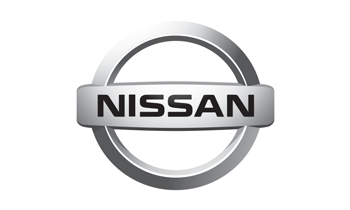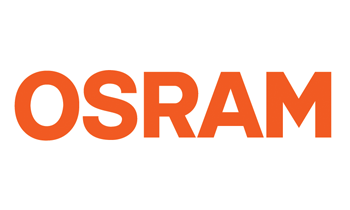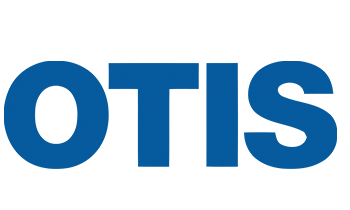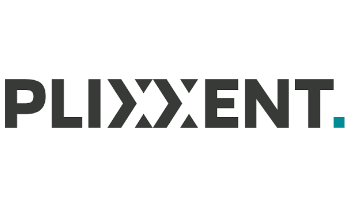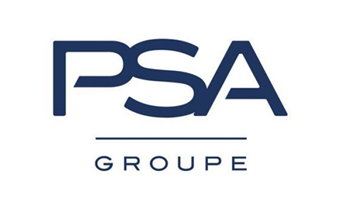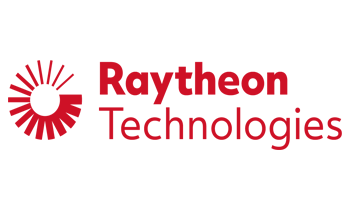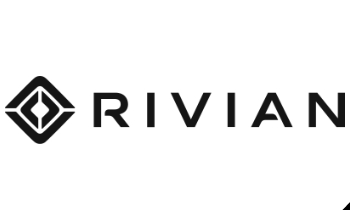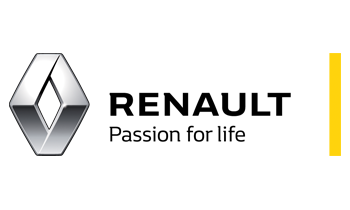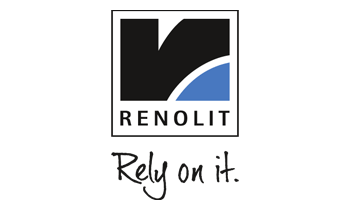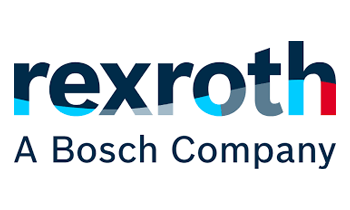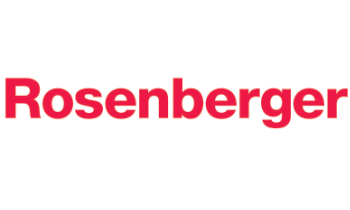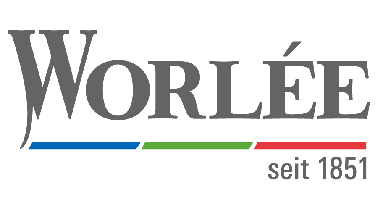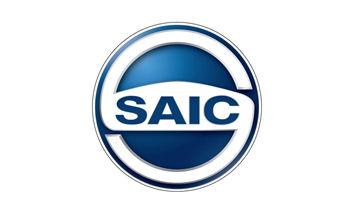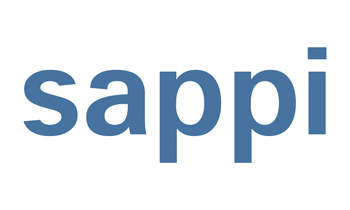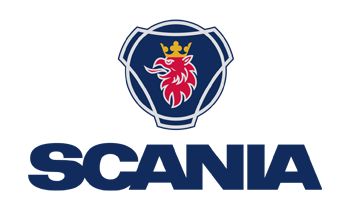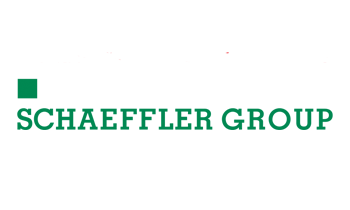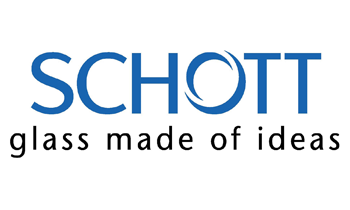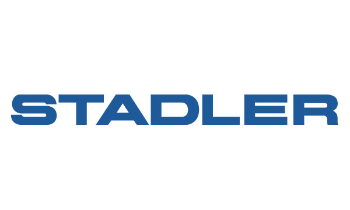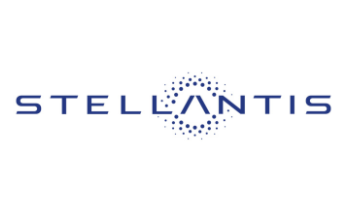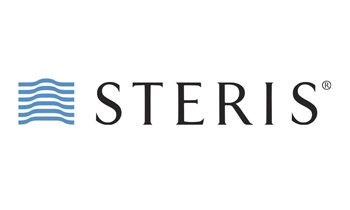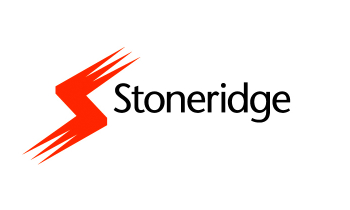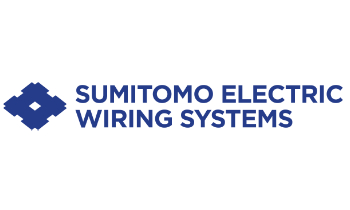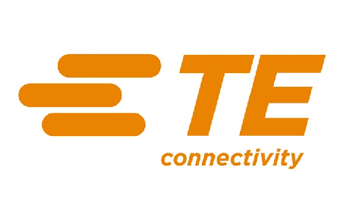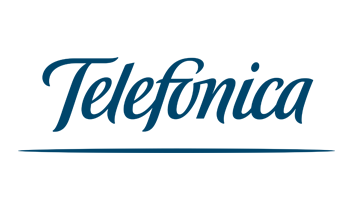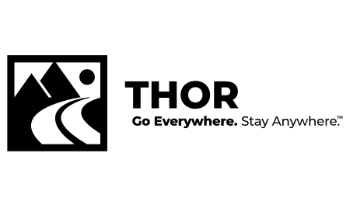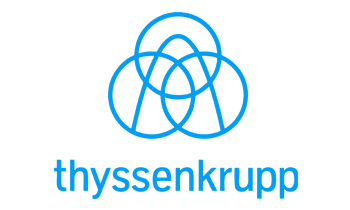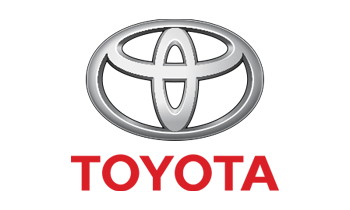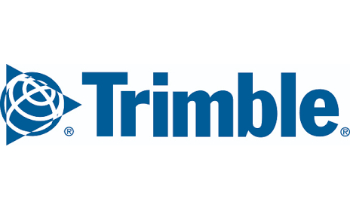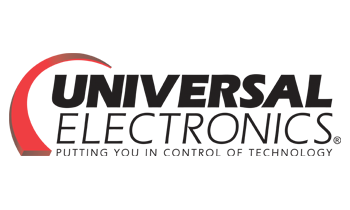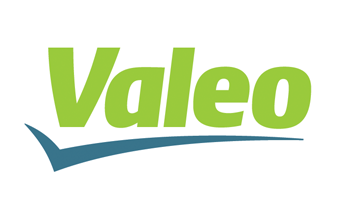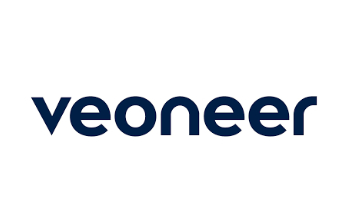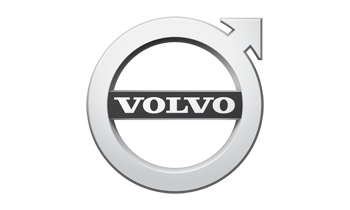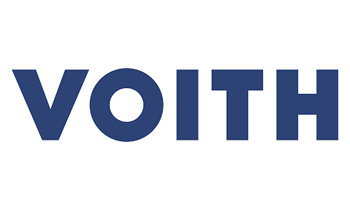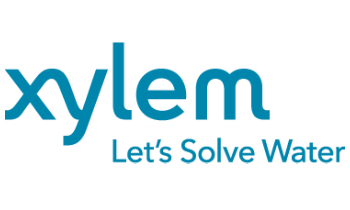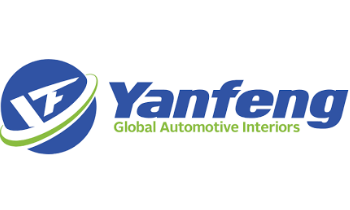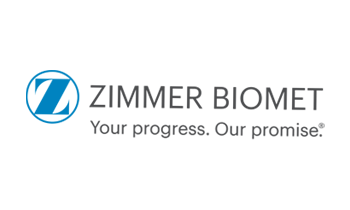Our Software Solutions for Circular Economy
Circular product strategies, requirements, and business models are increasingly influencing corporate approaches as well as policy landscapes around the globe.
A successful transition from the prevailing linear to a closed-loop circular economy solution requires that everyone involved has reliable information about the products, components, and materials along their entire life cycle – in the form of digital data.
iPoint's solutions for digitalized life cycles
Since our founding in 2001, iPoint has been constantly expanding the iPoint Group and its portfolio to realize its vision of building an integrated digital platform for the Circular Economy. As one of the pioneers in Digital Circular Economy, iPoint offers solutions for every phase in a product’s life cycle – from design to production and use to recycling and reuse.
From compliance to sustainability and a circular economy
iPoint’s circular perspective envisages a continuous, digital system lifecycle management process that supports regulatory compliance as well as the sustainability of products, value chains, and brands for companies of all sizes and various industries.
More and more companies – including SMEs as well as Fortune Global 500 companies – are turning to iPoint for support to sustain their competitive advantage by scaling up their efforts to apply circular strategies in the design, manufacturing, and reuse of products
The iPoint Suite offers solutions for the entire product life cycle. As the best partner for fully digitalized life cycles of compliant and truly sustainable products, we support you on your journey from compliance to sustainability – wherever you are.

Benefits
Features
Functionalities

Our Software for Circular Economy


Towards the Digital Circular Economy
Webinar
In this webinar Joerg Walden and Prof. Rupert Baumgartner together with his team from the Christian Doppler Laboratory for Sustainable Product Management at the University of Graz provide insight into the current state of research on the digital circular economy.
What is the Circular Economy?
Circular economy is an innovative approach to resource management that aims to minimize waste and maximize sustainability. Unlike the traditional linear economy, which follows a "take, make, dispose" model, circular economy focuses on creating a closed loop where products, materials, and resources are recycled, reused, and regenerated. The goal is to design products and systems that eliminate waste, promote longevity, and contribute to a more environmentally friendly and economically viable ecosystem. In essence, it's about creating a continuous cycle of value that benefits both businesses and the planet.
Embracing a circular economy as a company involves several key strategies and tools to ensure that sustainability considerations are integrated from the early stages of product development through the entire life cycle, fostering a truly circular economy.
CE Strategies
- Eco-Design: Begin by integrating circular principles into product design - prioritize modularity, recyclability, and durability.
- Responsible Sourcing of Raw Materials: Ensure the materials used in your products are sourced responsibly, promoting eco-friendly and sustainable practices.
- Sustainable Manufacturing: Implement environmentally friendly manufacturing processes, optimizing energy use and minimizing waste during production.
- Recycling and Closed-Loop Systems: Establish recycling initiatives and closed-loop systems, allowing for the collection, refurbishment, and reintroduction of products into the market.
CE Tools & Methodologies
To achieve a circular economy, utilize Life Cycle Assessment (LCA) software and software for Product Carbon Footprints to assess and optimize environmental impact by analyzing resource use, energy, and emissions. Implement Supply Chain Compliance Software to ensure responsible sourcing and monitor environmental and social compliance throughout the supply chain. Furthermore a holistic Product Sustainability Software supports you by automating and integrating all aspects of circular economy, from eco-design to recyclability into other business processes. These tools empower businesses to make informed decisions, minimizing environmental impact from product design to sourcing and production.
CE Metrics
To quantify the circularity of a product or company, circular economy data – such as recovery rates, renewable energy rates, water circularity, recycling efficiency, lifespan, etc. – is relevant.
Circular economy metrics are indicators that are based on calculation methodologies including such circular economy data that indicate a degree of circularity. Examples are:
- The Material Circularity Indicator (MCI) of the Ellen MacArthur Foundation
- Circular material productivity, e.g. used by the WBCSD
Circular Economy Action Plan (CEAP)
The EU's Circular Economy Action Plan (CEAP), initiated in 2015, was a comprehensive strategy designed to shift the European economy from a linear to a circular model. This transformative plan comprised 54 actions and introduced four legislative proposals on waste management. These proposals, presented alongside the Action Plan by the European Commission, established ambitious targets for landfill reduction, increased reuse and recycling, to be achieved by 2030 and 2035. Additionally, the proposals included new obligations for the separate collection of textile and biowaste.
Covering various policy areas, material flows, and sectors, the Action Plan aimed to drive systemic change through innovation and investments. It laid the groundwork for a sectoral strategy on plastics and allocated over EUR 10 billion in public funding between 2016 and 2020 to facilitate the transition.
The CEAP aligns with the broader sustainability goals outlined in the European Green Deal, introduced in 2019. The Green Deal is a flagship initiative that outlines the EU's commitment to becoming the world's first climate-neutral continent by 2050. It encompasses a range of policy measures, including those related to circular economy principles, to address climate change, biodiversity loss, and other environmental challenges while fostering economic growth and social justice. The Circular Economy Action Plan is integral to achieving these ambitious objectives within the broader context of the European Green Deal.


